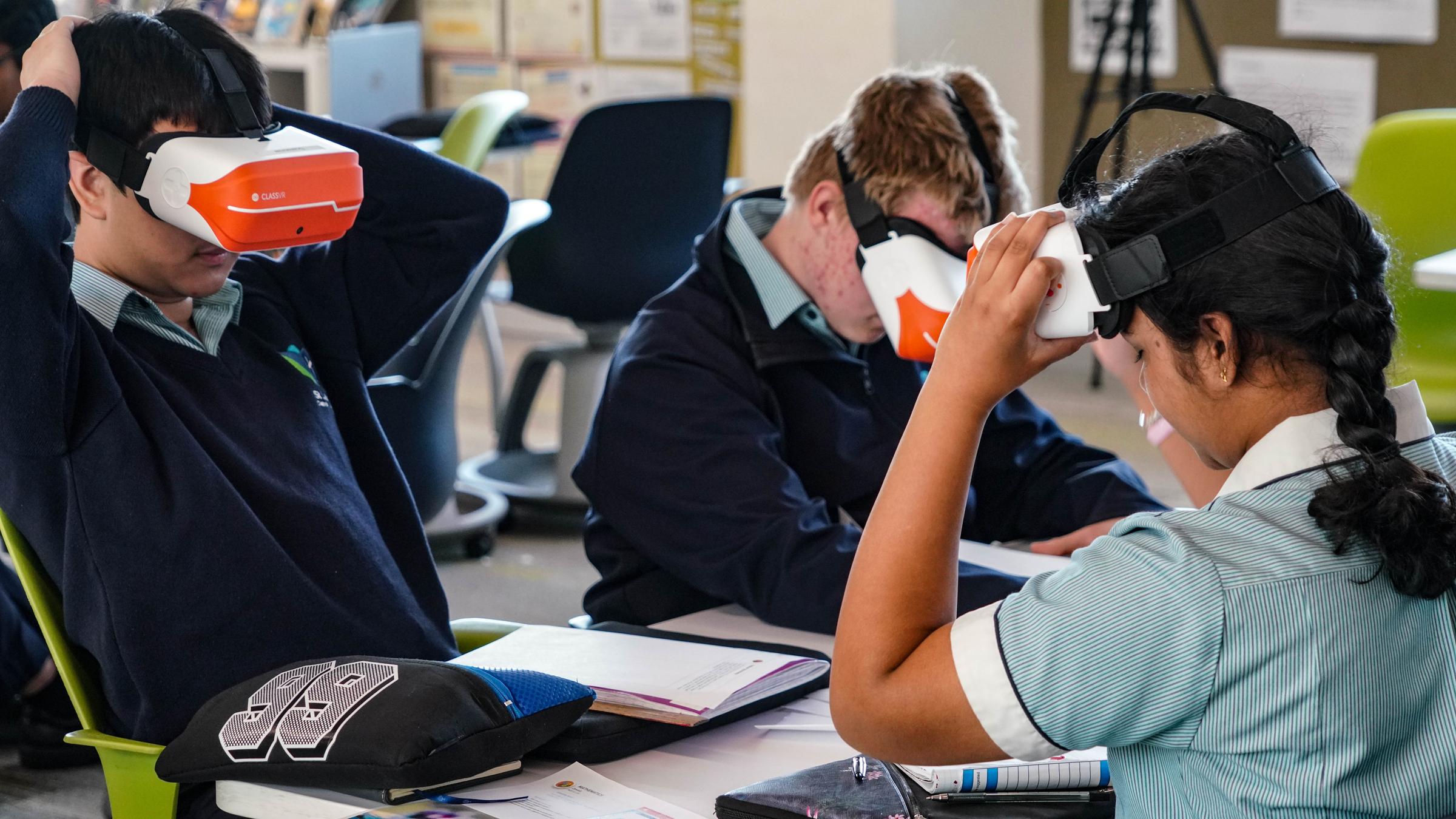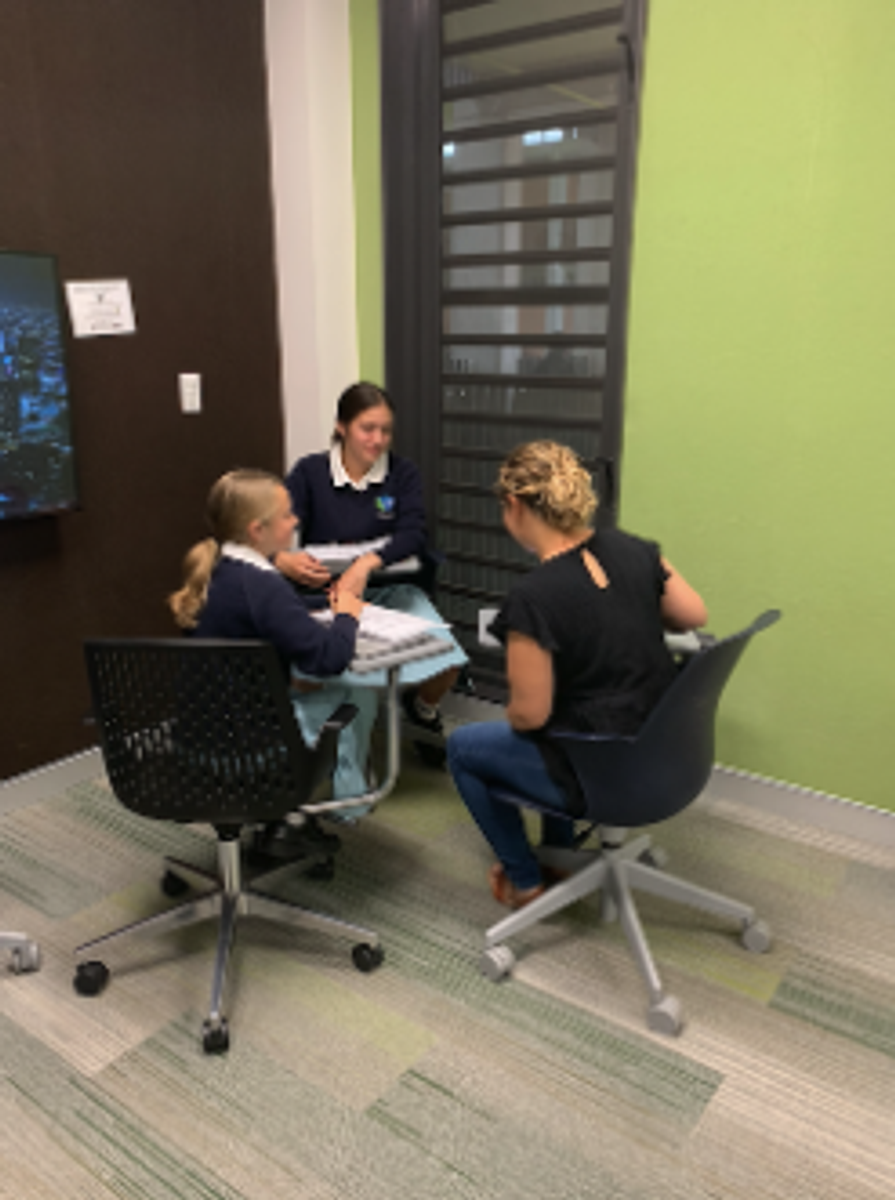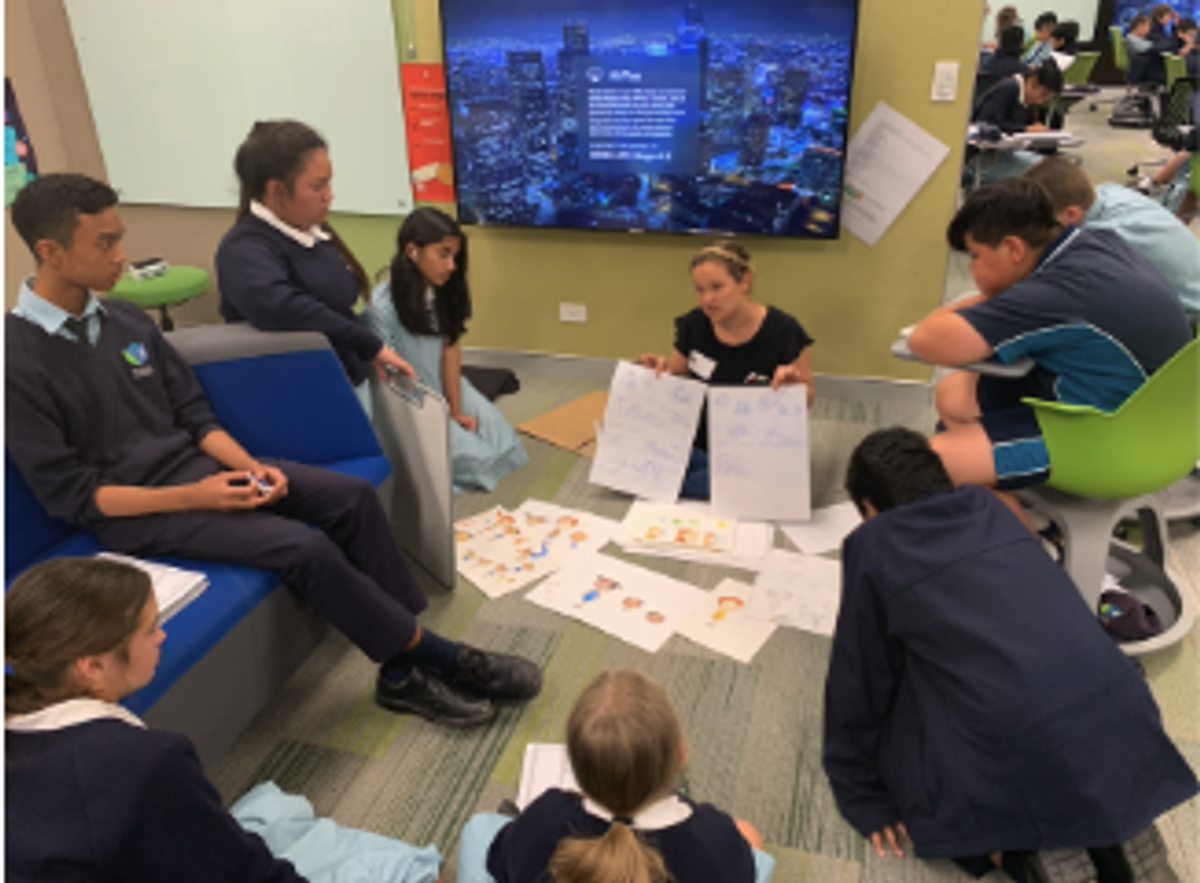School of Leadership

Technology for Teens
As your children get older they will be spending more time online— instant messaging, sharing photos and videos, playing online games and using online chat and voice chat through social media services can be a big part of their social identity. It can be a great experience but there are risks. You can help equip them with the skills to manage these risks and deal with negative situations.
For teenagers, it is important at home to
- Keep things open. Have an ‘open door’ policy when devices are used in bedrooms, and check in with them regularly to see what they are viewing.
- Stay engaged. Ask about their online experiences, who they are talking to online and whether they are having any issues.
- Reinforce the importance of protecting their personal information and privacy. Remind them to create screen names or IDs that do not indicate gender, age, name or location.
- Equip them to use social media responsibly. Terms of use for each service cover the rules for using the site, the type of content that can be posted and any age requirements. Go through these with your child to make sure they understand what is expected of them.
- Encourage them to think before they post. They should ask questions like: Who might see this? Could it be misread by others? Am I creating the right image for myself socially and for school and work opportunities?
- Keep building self-respect, empathy and resilience. In particular, be aware of the impact of social media on self-esteem. See good habits start young.
- Help them understand online risks and what to do about them.
Continue to review your rules as your child grows older
- Be clear about where and when devices can be used — not at mealtimes, for example, or not until after chores or homework are done.
- Agree on a plan that fits into family routines — perhaps more screen time on the weekend when they have less schoolwork.
Technology tips for parents of teenagers
- Use parental controls appropriately for the age and experience of your child
- As they grow more independent and resilient, good open communication becomes more important than blocking or filtering content — realistically your teenager will become increasingly adept at getting around such parental controls anyway.
- Check out Raising Children Network’s Healthy screen time and quality media choices: teenagers.
Expert in Residence
Our students in Year 7 are currently creating an original picture book about an issue in their world. In order to complete this task, they need to use their knowledge of visual literacy and language devices to create an engaging story that appeals to their target audience. To help support the students as they embark on this task, they have been working with Felicity Gardner, a published illustrator. Felicity has been running workshops on how to create storyboards and has provided our students with feedback on how they can make their proposed story even better. The feedback from our students who have participated in these workshops has been overwhelmingly positive, with many groups commenting that these activities have helped them use a range of visual elements to tell their story.
Stage 3
English
In the second half of the term, Stage 3 are writing scripts that inform an audience. This is part of an integrated program with PDH and Drama, where students are looking at ways they can look after the safety, health and wellbeing of themselves and others. They have been working in groups to create a drama script that informs and engages an audience on their chosen health, safety or wellbeing issue. The focus in English, is using mature Stage appropriate language and a variety of complex and compound sentences when communicating their ideas to their intended audience.
Science
Students have been delving into a variety of issues as they improve their understanding of the language of sustainability. This process has also seen them broadening their understanding of the different ways in which our behaviours contribute to unsustainable living. The children have been shocked to discover that this includes collecting Ooshies!
Next week, students will begin to consider some of the innovative solutions that creative members of our community are developing. They will be asked to evaluate these practices and will be encouraged to adapt ideas they have read about, or viewed, or have independently thought about, so that they can create their own solution to a problem.





